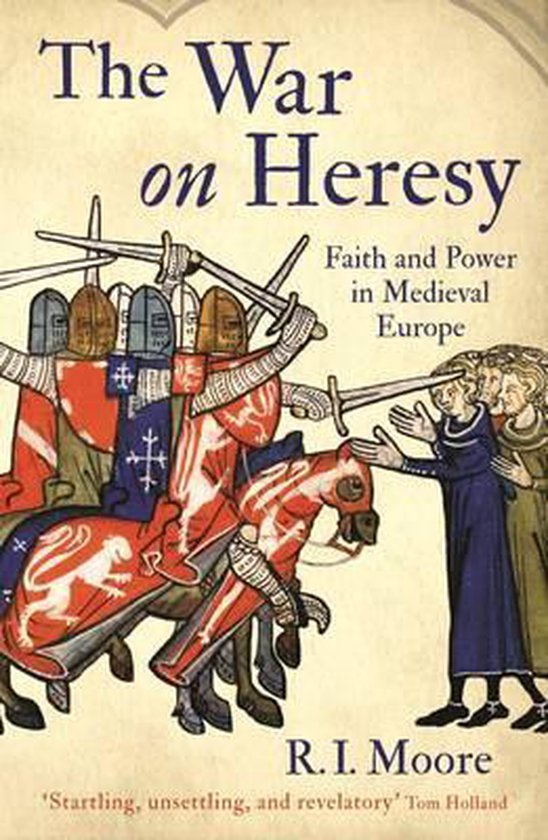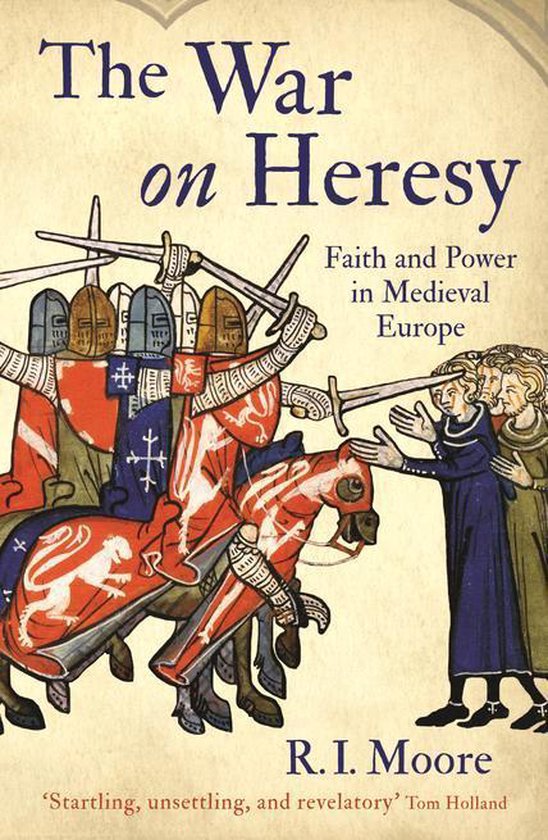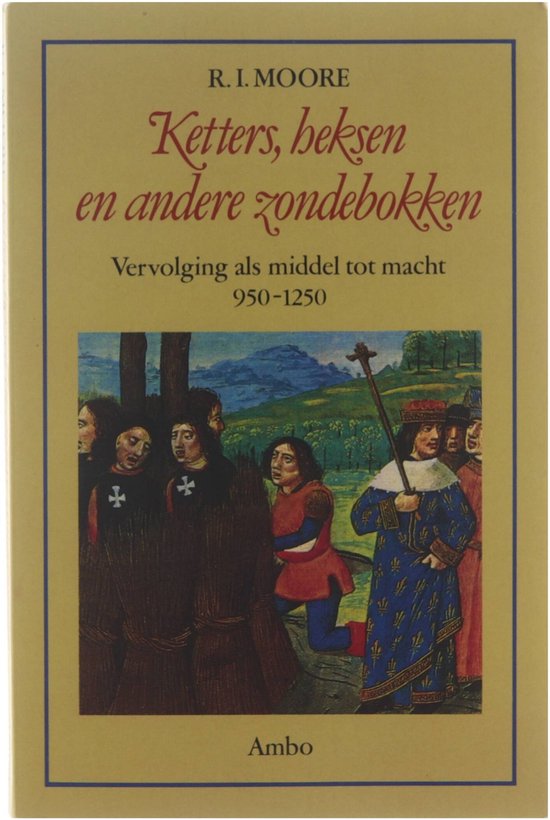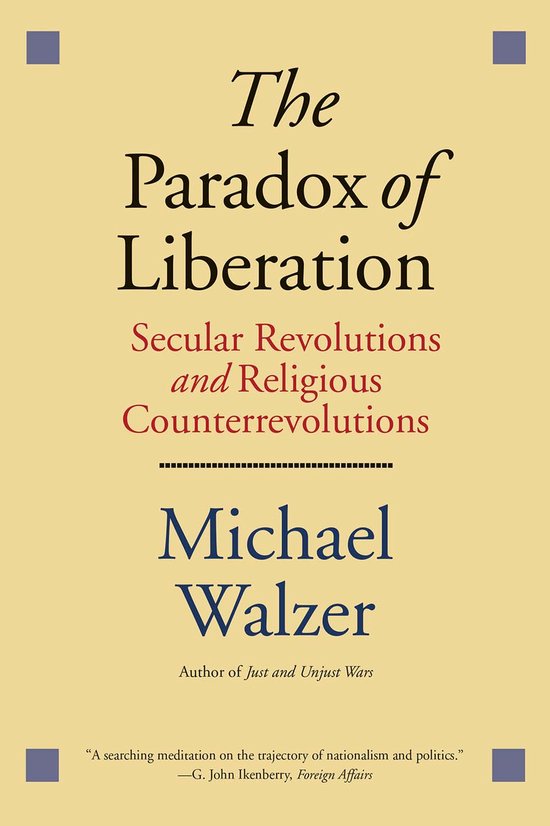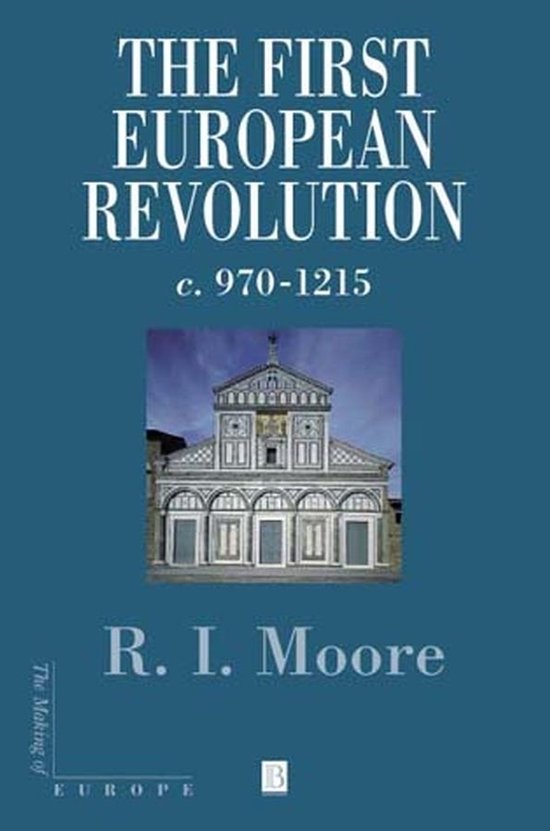
The First European Revolution
This book provides a radical reassessment of Europe from the late-tenth to the early-13th centuries. Professor Moore argues that the period witnessed the first true "revolution" in European society, characterized by a transformation in the economy, in family structures, and in the sources of power.
This book provides a radical reassessment of Europe from the late tenth to the early thirteenth centuries. Professor Moore argues that the period witnessed the first true revolution in European society, characterized by a transformation in the economy, in family structures, and in the sources of power and the means by which it was exercised. Together these changes brought into being for the first time an autonomous city-supporting civilization in non-Mediterranean Europe. The circumstances and outcome of this transformation, he demonstrates, not only shaped medieval and modern Europe but established enduring and fundamental characteristics which differentiated Europe from other world civilizations.
This book provides a radical reassessment of Europe from the late tenth to the early thirteenth centuries.
This book provides a radical reassessment of Europe from the late tenth to the early thirteenth centuries. Professor Moore argues that the period witnessed the first true revolution in European society, characterized by a transformation in the economy, in family structures, and in the sources of power and the means by which it was exercised. Together these changes brought into being for the first time an autonomous city-supporting civilization in non-Mediterranean Europe. The circumstances and outcome of this transformation, he demonstrates, not only shaped medieval and modern Europe but established enduring and fundamental characteristics which differentiated Europe from other world civilizations.
The process at the heart of change involved social, cultural and institutional transformations whose implementation required extensive popular participation. On occasion it required the use or threat of popular violence, in part consciously sanctioned and led by some of those challenging for power within the social elite; once the revolution had been achieved this popular enthusiasm had to be subdued and contained. These developments were far from simple and anything but uniform. The differences which resulted both within Europe and between Europe and other world civilizations were of lasting significance.
This book provides a radical reassessment of Europe from the late tenth to the early thirteenth centuries.
| Auteur | | Robert I. Moore |
| Taal | | Engels |
| Type | | Paperback |
| Categorie | | Mens & Maatschappij |
